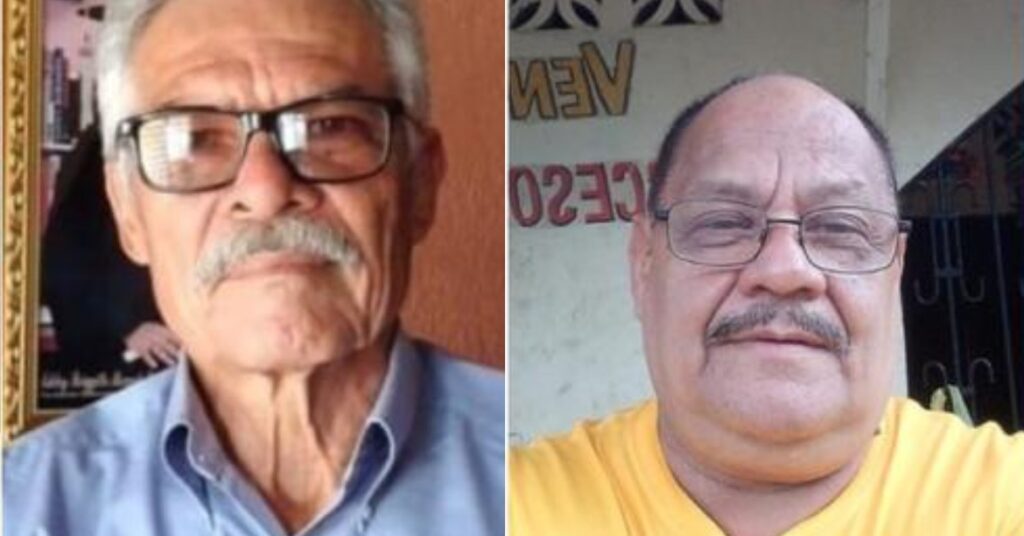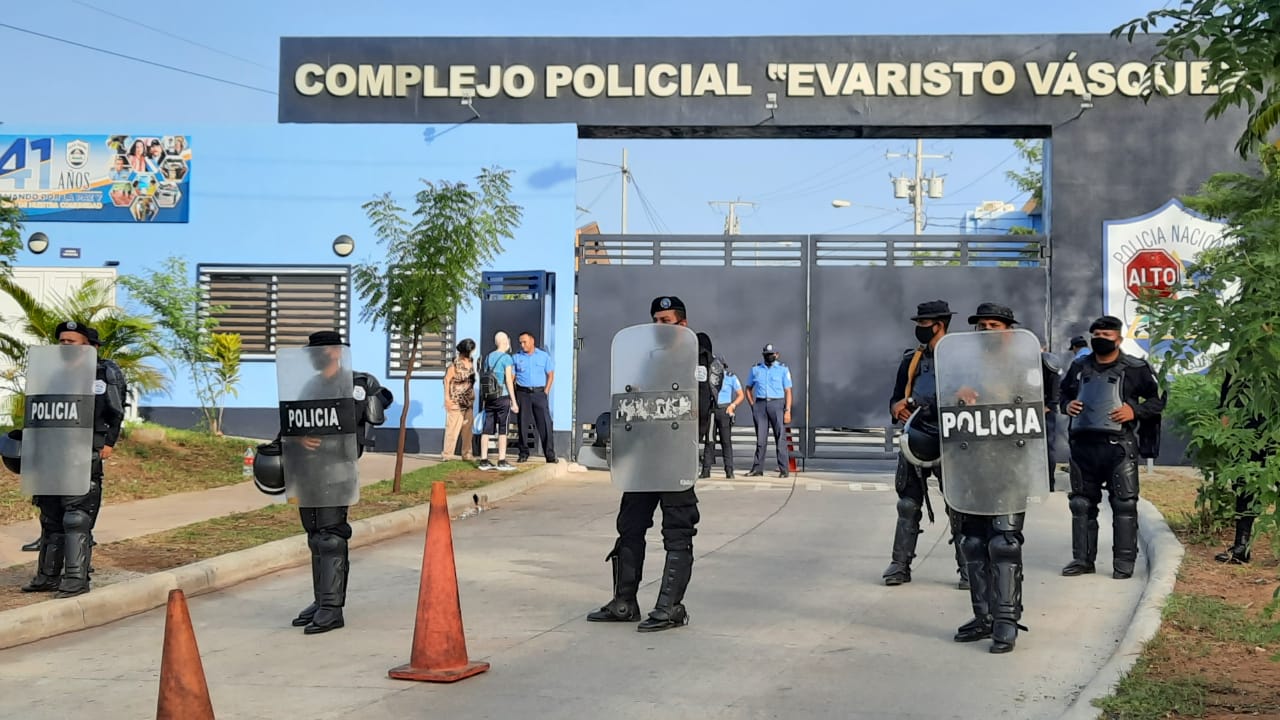The political organization Unión Democrática Renovadora (Unamos) pointed out that in 2022 the administration of Daniel Ortega and Rosario Murillo consolidated “its totalitarian and illegitimate regime”, in addition to continuing to repress and imprison opponents, journalists, laymen, priests and bishops of the Nicaraguan church. .
In a releasethe opposition block assured that, during these last 12 months, the Ortega regime “deepened the repression against our party, civil organizations, journalists, the media, relatives of the persecuted, and in particular against the Catholic Church, locking up lay people, priests and Monsignor Rolando Álvarez, Bishop of Matagalpa».
Likewise, he stressed that “nearly 400,000 Nicaraguans have emigrated since 2018 goaded by lack of hope, poverty and suffocation, due to the climate of terror imposed by the dictatorship.”
Related news: Opponents condemn “kidnappings” against relatives of Unamos members
“Behind this emigration, for tens of thousands of families, there is suffering, family breakups and fear for the safety of their loved ones who undertake a journey full of dangers, harassed by drug cartels and criminal gangs,” he remarked.
Unamos also highlighted that the Ortega and Murillo dictatorship uses “violence, arbitrariness, intimidation, the instrumentalization of State institutions (…) to stay in power despite its lack of legitimacy and popular support.”
“Ortega continued turning the country into a desolate wasteland of lack of freedoms and disrespect for the human rights of Nicaraguans,” he added.
Repression, jail and dangerous alliances
In this 2022, Daniel Ortega ordered the arrest of at least 30 Nicaraguan critics of his regime. The new repressive escalation of the dictatorship was carried out from mid-May to the end of November 2022.
The list of political prisoners includes five members or former members of Unamos, Monsignor Rolando AlvarezBishop of Matagalpa and administrator of the Diocese of Estelí, five priests, two seminarians and a layperson from the Diocese of Matagalpa, five relatives of politically persecuted, two workers from the newspaper La Prensa and the former general manager of the defunct El Nuevo Diario. In addition to other priests and citizens.
Among the recent prisoners of Unamos are Felix Roiz, Ana Carolina Alvarez Horvilleur Y Jeannine Horvilleur Cuadrarelatives of the opponent in exile Javier Alvarez. Besides, Freddy Martin Porrasbrother of Dulce Porras Aguilar, also exiled. Several victims have opted for anonymity for fear of reprisals from the dictatorship.
The list of political prisoners is also joined by Orlando Campos and Raúl Oporta, leaders of Unamos in Nueva Guinea.
Ortega, in addition to imprisoning and sentencing dozens of Nicaraguans, strengthened his “alliances with Iran, Russia and other governments governed by autocratic dictatorships.”
For its part, Unamos pointed out that “citizens resist and fight with the means they have to oppose a regime that crushes everything. In the first place, there are our political prisoners, those who give us an example of firmness and dignity, and have turned the prison into the first trench of civic resistance and denunciation against the dictatorship.

“There are ordinary citizens who by their absence from the polls repudiated the regime, denying it the legitimacy it so desperately pursues. There are the exiles who keep the denunciation, the protest and the efforts before governments and international organizations alive so that they do not lose sight of the cause of Nicaragua,” he added.
Likewise, Unamos ratified its “firm commitment to continue in the fight for a fair, free and democratic Nicaragua.”
“We promise to continue fighting so that the victims of the repression have reparation, truth, justice and non-repetition. We will continue fighting for the freedom of all political prisoners and for respect for their rights. We will not give up in our efforts to prevent Nicaraguans from having to emigrate to foreign countries and to be able to live with dignity in their homeland,” he concluded.















